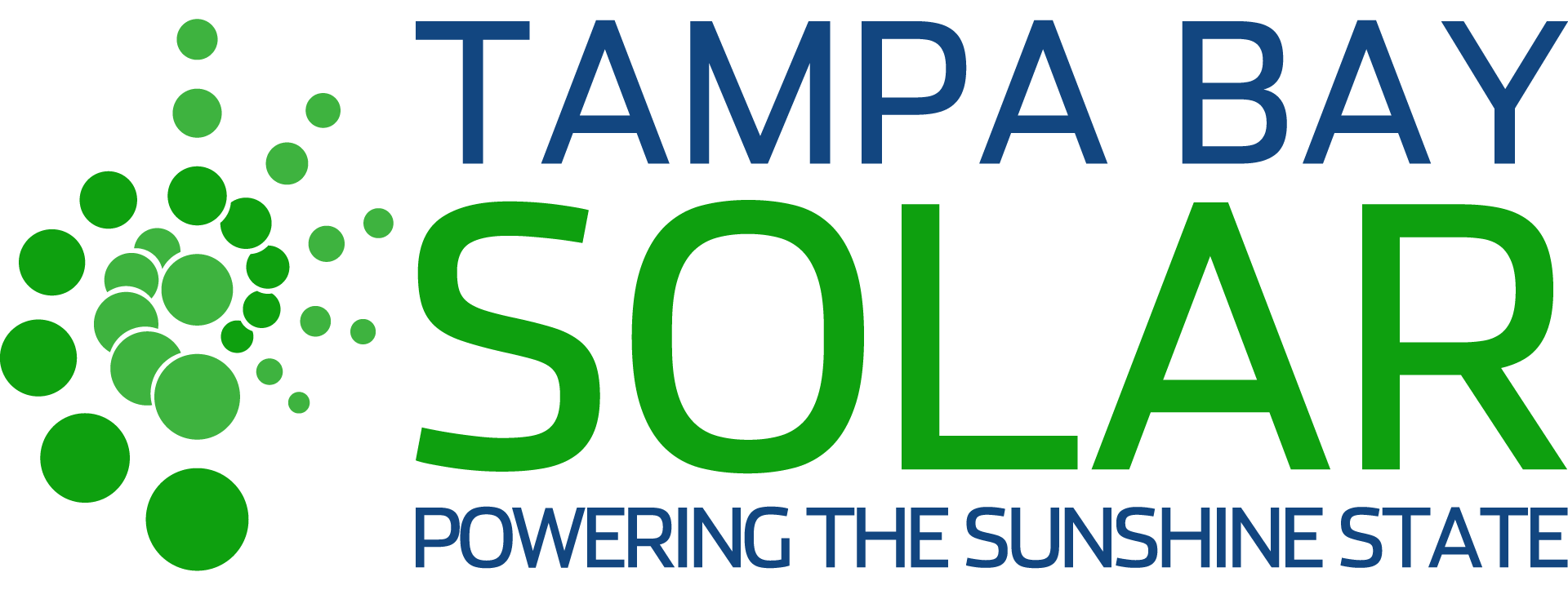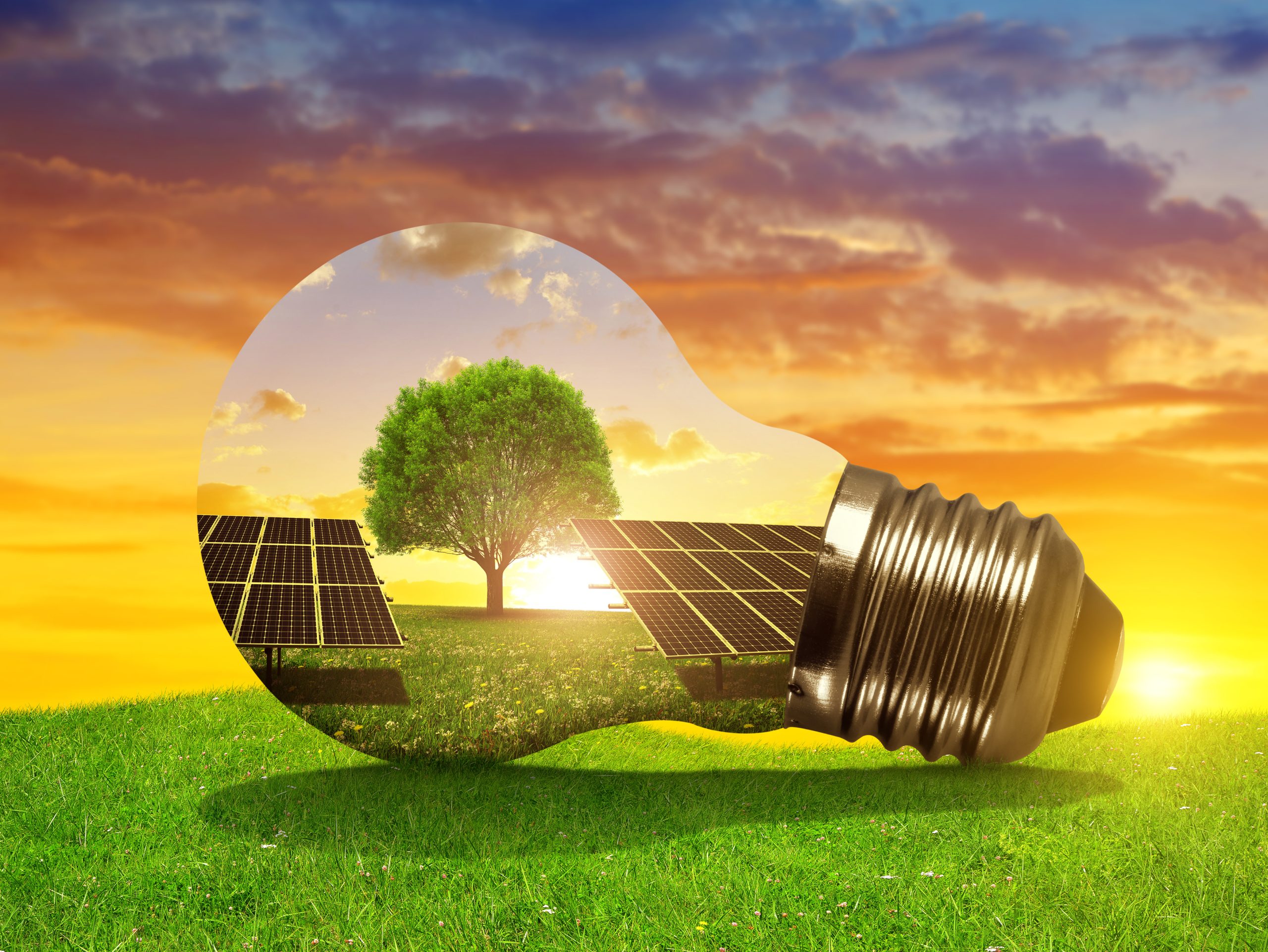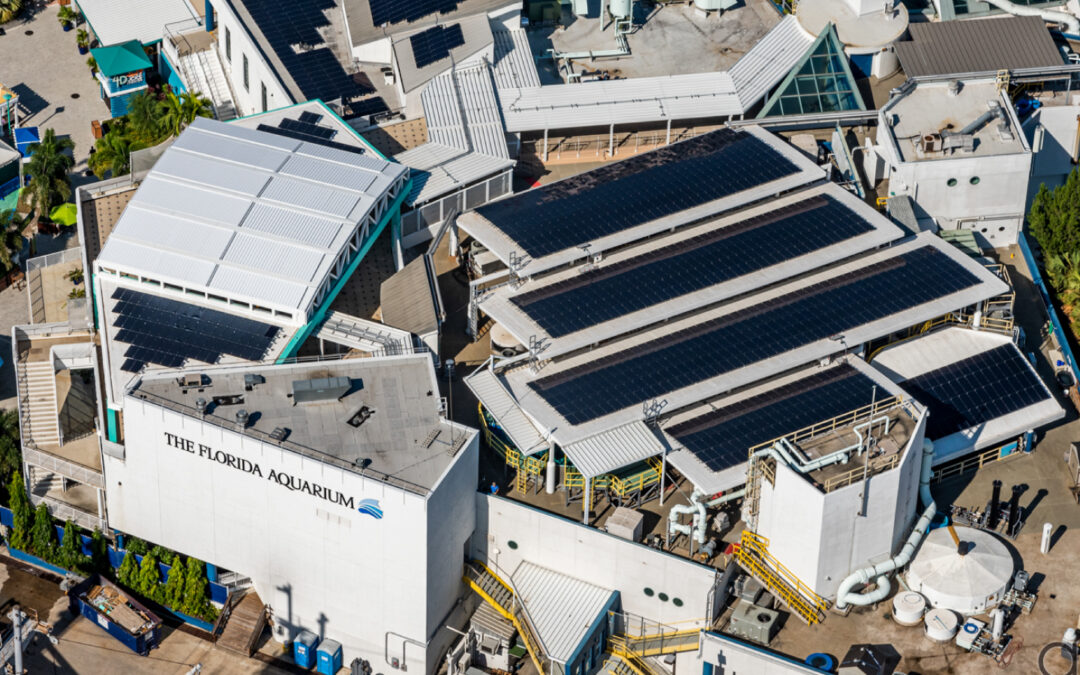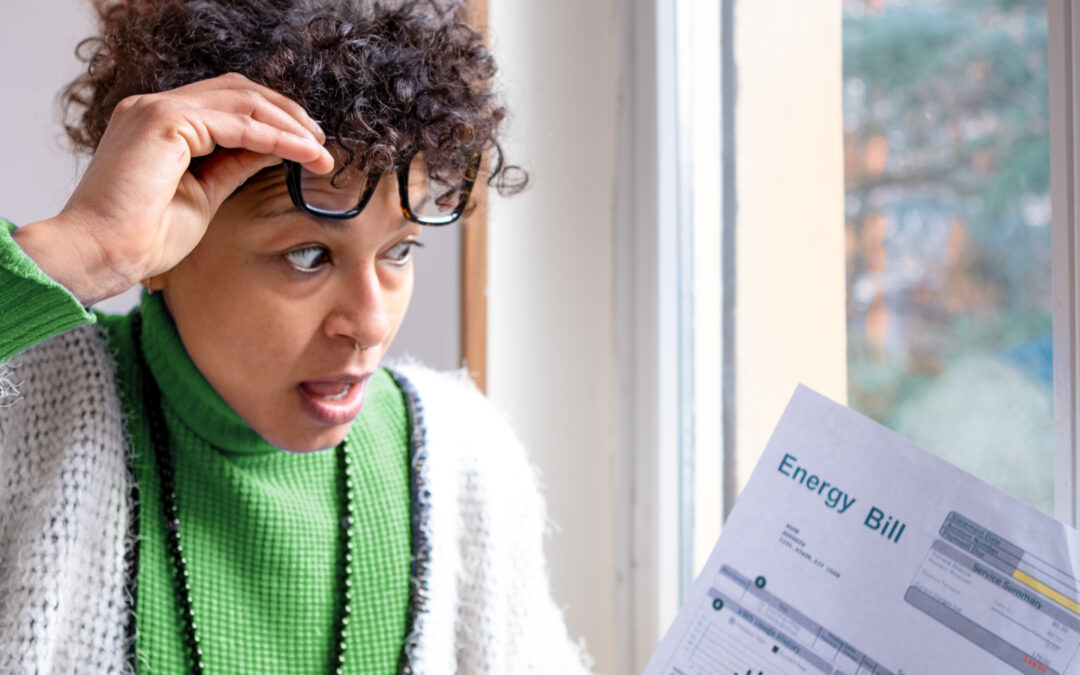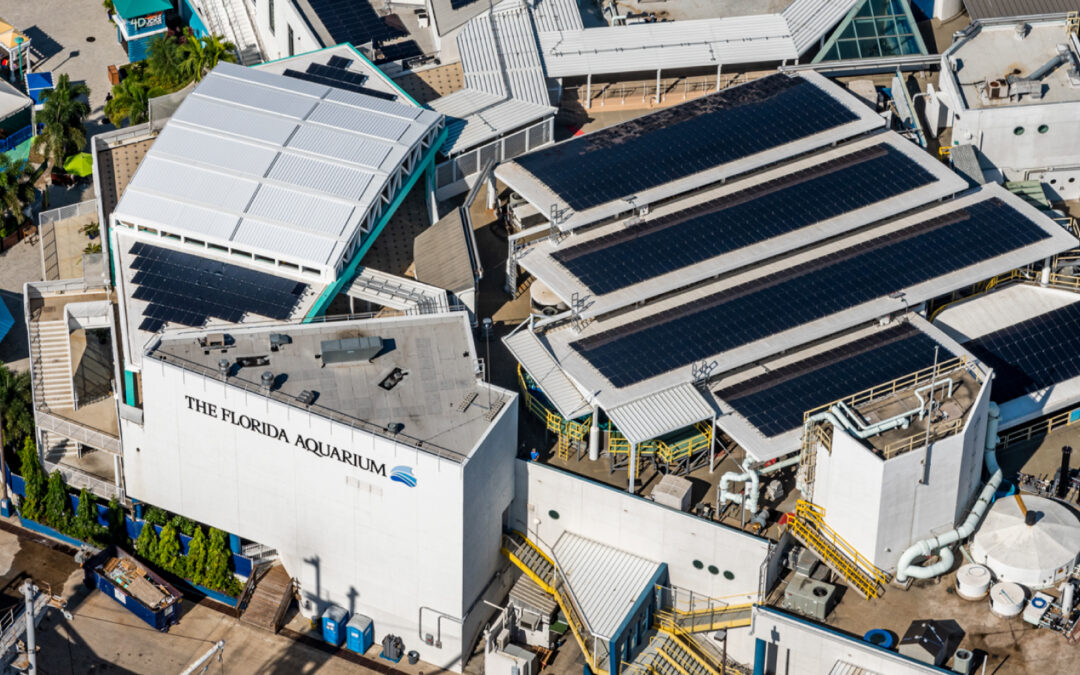Despite solar energy’s numerous benefits, misconceptions about solar energy persist. As solar becomes more commonplace, more information about it is available than ever. However, there’s also misinformation found everywhere. As a team of solar experts who speak with customers daily, we often hear incorrect assumptions or misconceptions about the industry, solar panels, and how solar energy systems work.
Below, we aim to shed light on the truth by dispelling the top 10 solar myths that might cast shadows on your understanding.
Myth 1: Solar Panels Only Work in Sunny Climates
While solar panels thrive in sunlight, they can generate energy even on cloudy days. Modern solar technology has evolved to capture diffuse sunlight and convert it into electricity, making solar power a viable option in various climates.
Myth 2: Solar Panels Lower a Home’s Resale Value
This myth is a testament to the lack of understanding regarding the value of solar energy. Solar panels have been proven to increase the value of homes gradually. Research has shown that homes with solar panels sell faster and for significantly more money than those without. Solar panels can attract potential buyers looking for ways to lower their energy costs, and the investment in solar panels can be an added incentive to seal a deal.
Myth 3: Solar Panels Require Constant Maintenance
Solar panels are designed to be low-maintenance. Regular cleaning and occasional inspections are sufficient to keep them operating efficiently. Most solar panel systems come with manufacturer and installer warranties and are built to withstand various weather conditions.
Myth 4: Solar Panels Don’t Generate Energy in Cold Weather
Solar panels can generate electricity even in below-freezing temperatures. Although performance reduces in extreme temperatures, modern systems can still provide power during colder months. Photovoltaic cells work with sunlight, and it is natural to assume that colder weather will affect solar output. However, the energy generated by the sun’s light, not its heat, powers the system.
Myth 5: Solar Powered Homes Don’t Have Electric Bills
While solar panels reduce your reliance on the electrical grid, there will still be small costs associated with maintaining an electricity hookup. Most solar energy systems generate enough power to satisfy the energy requirements of most households, but surplus energy may be sent back to the grid in exchange for power at night and on days when the sun’s not shining – unless you have a backup battery system, in which case extra energy will be stored in the battery for later use. Homeowners with solar panels are still likely to pay significantly less on their energy bills.
Myth 6: Solar Panels Power Your Home During Outages
This myth is not entirely wrong but also not wholly accurate. Most solar energy systems are designed to supply energy to the electrical grid. Homes with solar panels can still face outages when the electrical grid fails, just like homes without them. It’s only with solar plus a whole home backup battery that you can store energy to be used to power a home during outages. Homeowners should consider investing in these backup battery systems to ensure close to zero interruption in power supply.
Myth 7: Solar Is Unaffordable
Solar energy technology has become significantly cheaper over the past few decades. With zero down financing options and incentives like the 30% tax credit as a part of the Inflation Reduction Act, almost anyone can now afford to install solar panels on their homes or commercial buildings. In addition, solar panels virtually pay for themselves over time, so even though the initial expense may seem steep, long-term benefits are undeniable.
Myth 8: Solar Panels Are Only for Homeowners
Businesses can benefit from solar energy as well. Many solar companies like Tampa Bay Solar work with commercial businesses often and can install on a range of commercial roofing types, including flat roofs.
Myth 9: Solar Damages Your Roof
Understandably, many homeowners have been led to believe that solar panels can harm the structure of their roofs. However, well-installed solar panels actually protect roofs by providing insulation from weather elements such as hailstorms, heavy rain, and harsh UV rays. A reliable solar panel installation company will perform structural and electrical inspections to ensure your roof is in good shape before installing panels.
You can always count on Tampa Bay Solar to let you know if it’s in your best interest to get a new roof before installing solar.
Myth 10: Solar Panels Have a Short Lifespan
Solar panels have a long lifespan, typically 25 to 30 years or more. Regular maintenance and advancements in panel durability contribute to their extended lifespan, ensuring a reliable and sustainable energy source for decades.
Clearing the Air on Solar
With so much information and misinformation circulating about solar energy, dispelling and debunking these solar myths is crucial for fostering a better understanding of the benefits of solar energy.
Solar has countless benefits, from financial benefits like increasing your home’s value and helping you save money on electric bills long term to preserving our natural resources and limiting reliance on delicate electricity grids. If you have further questions about solar panels or backup battery systems and want a straight answer from an expert, don’t hesitate to reach out to the leaders at Tampa Bay Solar. We’re always happy to help.
To determine how much you could save each month by switching to solar, get started with a free home or business energy audit. Contact us to begin.
